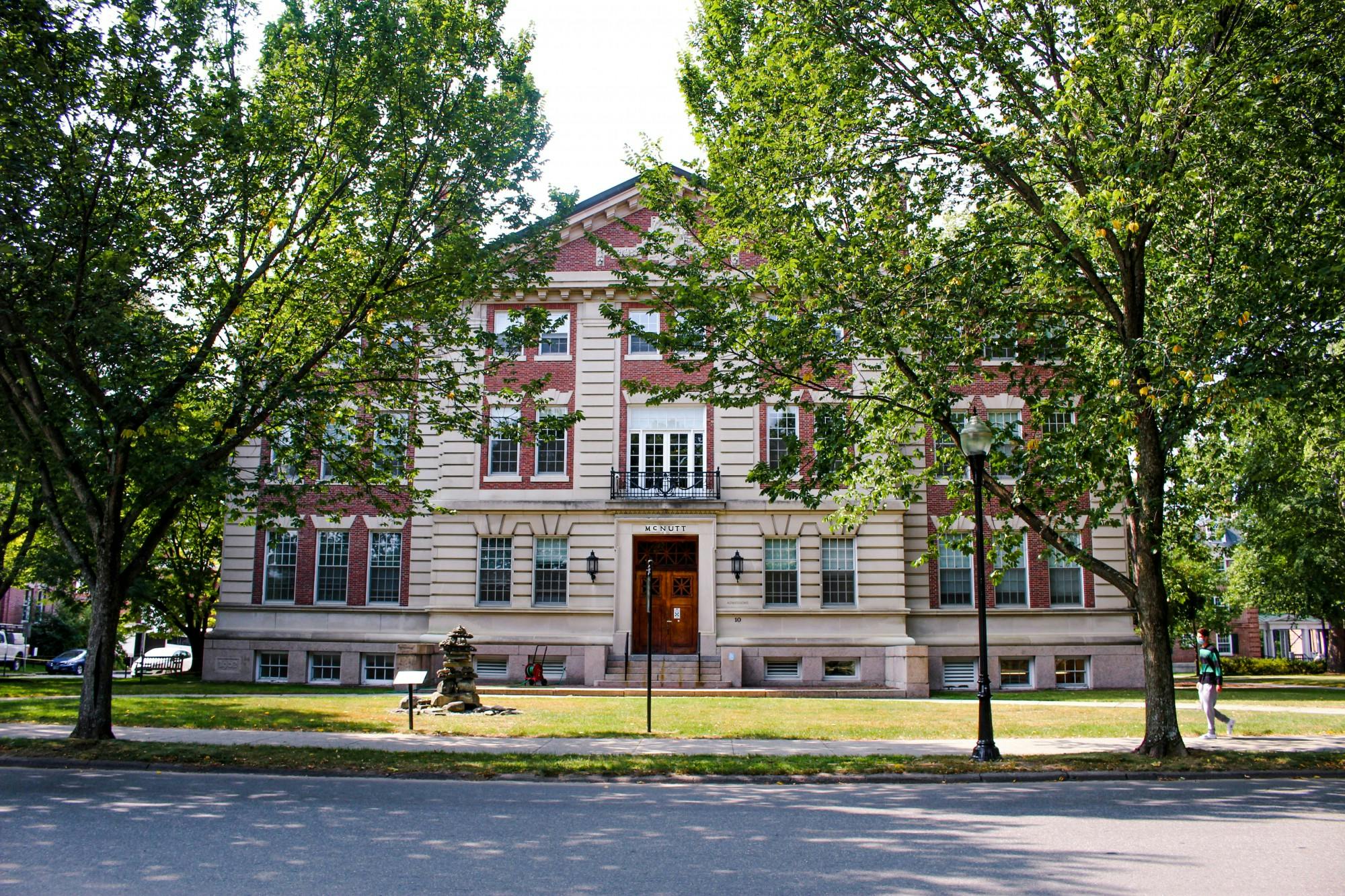On July 20, a court approved Dartmouth’s $33.75 million settlement proposal in a class action lawsuit accusing the College — along with 16 other universities — of violating antitrust laws and conspiring to minimize financial aid for working and middle-class families, according to a press release shared by a representative for Gilbert Litigators & Counselors, one of the law firms representing the plaintiffs.
The College agreed to the settlement in February, and a court preliminarily approved it the same month. The plaintiffs accused 17 universities of illegally colluding on financial aid policies through the 568 Presidents Group, a consortium intended to standardize financial aid practices. The case was initially brought to court in January 2022 by former students of the defendant universities.
According to College spokesperson Amy Olson, Dartmouth’s decision to settle “does not reflect that the plaintiffs’ claims have any merit.” In an email statement to The Dartmouth, she wrote that the “time and cost associated with a lengthy litigation process” is a “distraction to Dartmouth’s mission” of educating students and “preparing them for life after they leave our campus.” She added that Dartmouth “continues to dispute” the plaintiffs’ claims.
“We are confident and proud of the fact that our financial aid packages are based solely on the individual needs and circumstances of our students,” Olson wrote.
According to the complaint, the defendants argued that they are exempt from antitrust laws under Section 568 of the Improving America’s Schools Act of 1994, which allows institutions to confer on financial aid policies only if all collaborators are need-blind. The lawsuit alleged, however, that nine universities in the consortium — including Dartmouth — “systematically favored” wealthy students in admissions and artificially inflated the cost of attendance for financial aid recipients.
The 568 Presidents Group was dissolved after the lawsuit was filed, and Terri Mascherin — a lawyer for the College — later stated that Dartmouth would no longer assert the “Exemption Defense” in a January 2023 declaration. During a July 2023 court hearing, Mascherin also admitted that Dartmouth had considered donations in its admissions process.
In addition to Dartmouth’s settlement, United States District Court for the Northern District Court of Illinois judge Matthew Kennelly also approved settlements for nine other institutions, totaling $284 million — Brown University, the University of Chicago, Columbia University, Duke University, Emory University, Northwestern University, Rice University, Vanderbilt University and Yale University. Kennelly also granted $20,000 service awards to each of the named plaintiffs and granted their requests for expenses and attorneys’ fees, according to the press release.
Economics professor Chris Snyder wrote in an email statement to The Dartmouth that he expects the settlement to have “little effect” on financial aid and College admissions policies.
“The plaintiffs may gradually adjust legacy admissions but the short-term fix, which they adopted, was simply to stop coordinating with other schools,” he wrote. “ … Simply filing the class action changed schools’ behavior a few years ago, so they [were] no longer coordinating on financial aid, even before any settlement payments were made.”
Olson added that Dartmouth “is unwavering in its commitment” to providing financial aid based only on individual need.
To be awarded financial compensation from the claim fund, settlement class members must now file a claim, The Dartmouth reported in March 2024. Eligible claimants include U.S. citizens or permanent residents enrolled as undergraduates at the College from the fall term of 2004 through Feb. 28, 2024, who “received at least some need-based financial aid” but whose “tuition, fees, room or board” were “not fully covered by the combination of any types of financial aid or merit aid (not including loans) in any undergraduate year,” according to the settlement proposal.
According to the settlement proposal, the average claimant will receive about $2,000 if half of the settlement class members submit claims.




